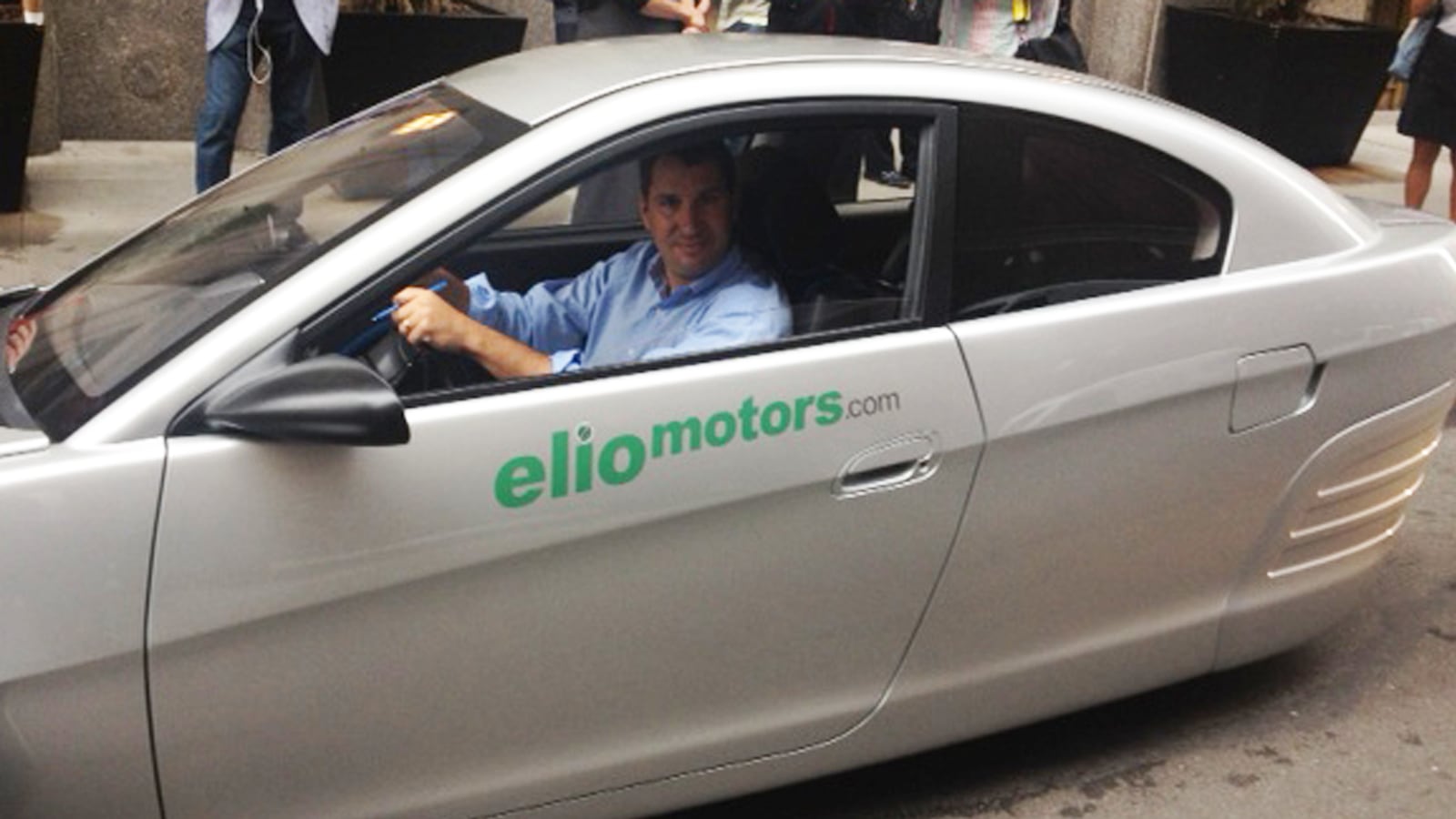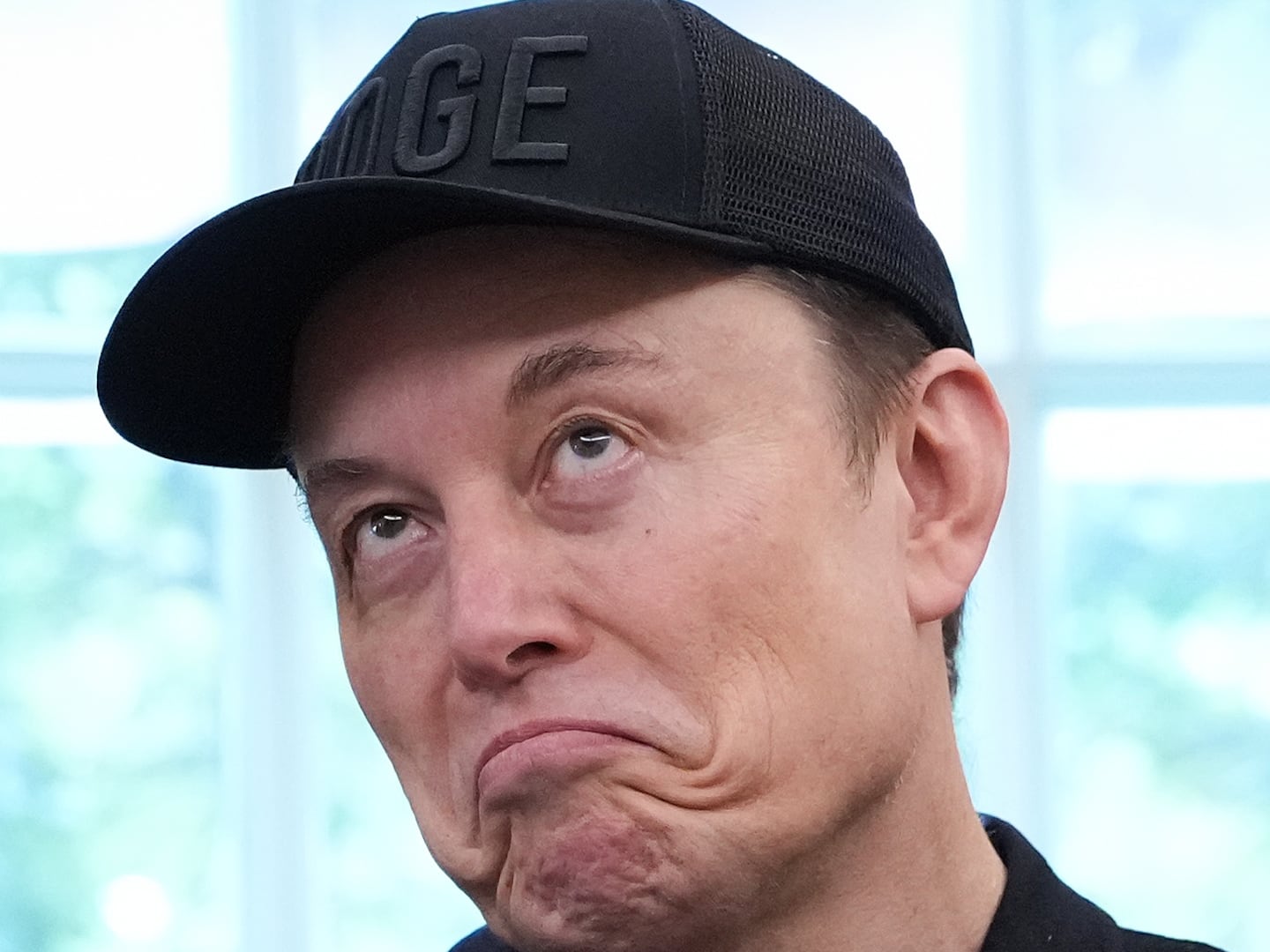This is something of a golden age of innovation when it comes to cars and auto efficiency. The fleet of vehicles sold last month was the greenest on record. Tesla is making a profit selling electric cars, and sales of hybrids and clean diesel vehicles are growing. Meanwhile, engineers are busily working to boost the efficiency of regular-old coupes and sedans.

The innovation is evident in the data, and in the auto trade publications. And sometimes it is evident in the street. This morning, as I was testing out another recent innovation in carbon-free transportation (riding a Citibike from Grand Central Station to my office), I passed by an odd-looking vehicle parked on West 43rd Street.
It was a prototype made by Elio Motors, and it looks like a cross between a tandem bike and a Ford Fusion. The three-wheel, two-seater car is produced by a start-up based in Mesa, Arizona, and is slated to be manufactured in a former General Motors plant in Shreveport, Louisiana. Its founder, Paul Elio, is a veteran of Johnson Controls, and helped start engineering firm ESG Engineering.
The company says the car will get 84 miles per gallon (good!) on the highway, and cost $6,800 (cheap!).
The price tag is low in part because the car is small—it literally looks like half a car. As a result, the Elio doesn’t use much in the way of materials. And the company says that most of the parts are off-the-shelf, not custom-built—which helps keep costs down. The front wheels stick out to the side, so that when the car is on the road, the car’s footprint is about as wide as a standard coupe.
Will the Elio be the next Tesla? Who knows? Automaking is a notoriously difficult, capital-intensive business. And there are plenty of deep-pocketed companies making tiny, cheap, two-seaters, like Mercedes-Benz’s Smart car. While Elio claims several senior auto industry executives on its board of directors, it hasn’t staged an initial public offering to raise cash.
But Elio’s ultimate success or failure is almost beside the point. Thanks to consumer demand, and aggressive product launches from start-ups (Tesla) and established companies (the Nissan Leaf, the Chevrolet Volt), there is now a small, growing market for super-efficient, small, innovative vehicles in the U.S. And as sales of such cars rise with every successive month, it is encouraging more competitors to roll their vehicles into traffic.






